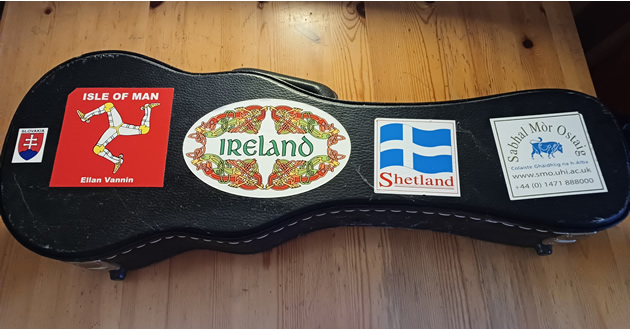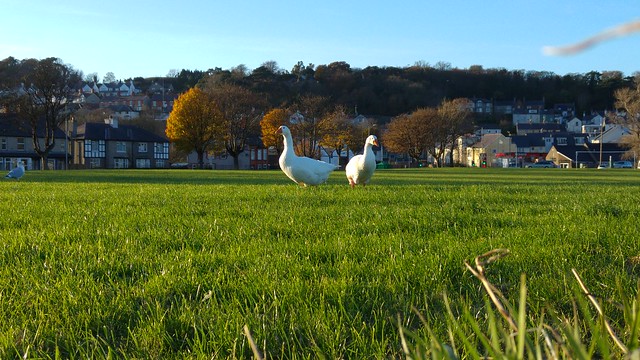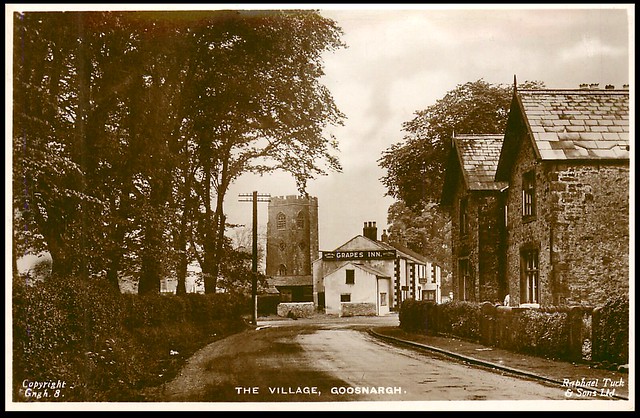Did you know that there’s a whole world out there beyond your screen?
It may be hard to believe, but apparently it does exist, and I even venture out into it occasionally.
What is this mythical place?
It has various names – some call it IRL (in real life) or RL (real life). Others call it the physical world or meatspace.
Meatspace, which is also written meat-space or meat space, is used online (often derogatorily) to refer to “the physical world, as opposed to the virtual world of the Internet.“ It was coined as analogy with cyberspace [source], and started to be used in the 1990s [source].
While writing this, I was thinking of other ways to refer to the real, physical world, and came up with realverse – an analogy of metaverse (see below). Apparently this word is already in use, at least to some extent. There are examples in this article: How to Connect #Metaverse to #Realverse.
The -verse suffix is used quite a bit in English at the moment. Some examples include:
- multiverse = The hypothetical group of all the possible universes in existence.
- metaverse = A hypothetical future (counterpart or continuation of the) Internet, created by the convergence of virtually enhanced physical reality and physically persistent virtual space.
- wikiverse = The entire collective scope of wikis.
- gameverse = A universe depicted in one or more video games.
- Buffyverse = The fictional world, or universe, which serves as the setting for the television series Buffy the Vampire Slayer.
Source: https://en.wiktionary.org/wiki/Category:English_terms_suffixed_with_-verse.
Do you know of any other ways to refer to the real world in English or other languages?












